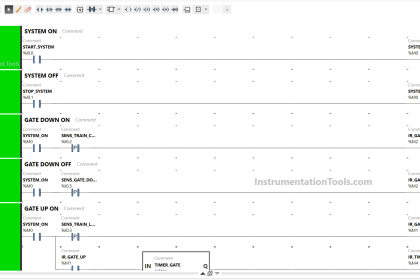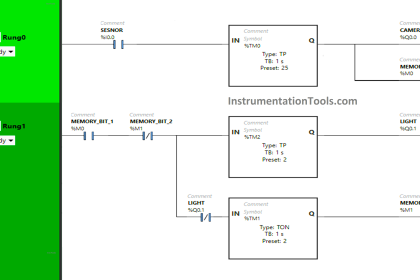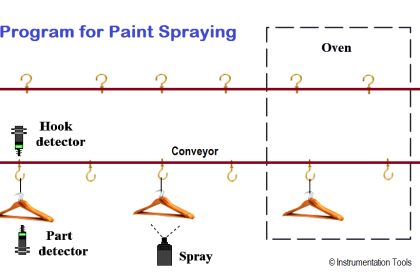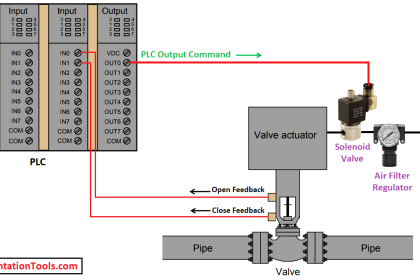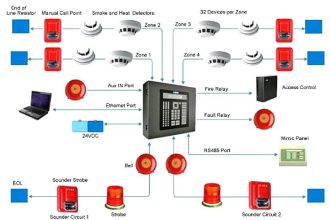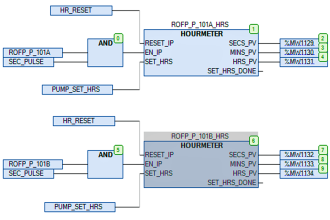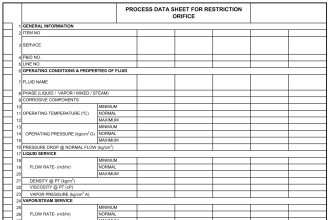Nowadays, industrial PLC automation is not only covering the scope of machine or system working, but also controlling how an overall industrial area or factory will function. This is done in compliance with various international standards and bodies, for ensuring a safe and reliable environment. One such area of work where automation is taking strides is ESG. Many do not know its importance, but ESG plays a very viral role in ensuring the company performs according to proper standards and rules. In this post, we will see how industrial automation plays a role in ESG.
What is ESG?
ESG stands for environmental, social and governance management. Basically, it deals with all the factors related to these three areas, which must be covered fully with compliance. Once covered, it can be said that the certain company has complied with ESG rules and standards.
It is important for the following purposes:
- The energy costs are reduced.
- The resources do not become scarce.
- The company works according to climate regulations.
- The manufacturing unit gets a fast and precise overview of the data running in your plant, through real time computing and database management.
- The data can be accessed with any device.
- Worker wellness is maintained and there are very less chances of employees going fatigued or under stress.
- Social justice is maintained so that there is no inequality, and diversity remains unique.
- Predictive maintenance is ensured, so that engineers can well define their planning for failures and troubleshoot them quickly, instead of waiting for failure to happen and then plan.
Due to all these purposes, ESG ensures that the company is taking all measures for a safe, reliable and precise working environment. To support and implement ESG, we will now see how industrial automation plays a very important role here.

How industrial automation can help organizations achieve ESG goals?
- With the advent of Industry 4.0, you can get live data from an industrial plant in the cloud, messages, emails or servers. Due to this, you do not need to go anywhere manually for inspection. You can get the work done quickly if you get data in hand. Companies get to see live trends at high speed, thus enabling them to take prompt action. If the issues are resolved quickly, downtime is reduced, energy efficiency is increased and utility consumption is maintained automatically.
- If you get to work online without visiting the factory due to industrial automation as discussed in the first point, your travel is reduced. Due to this, the use of transportation fuels is eliminated, and the company automatically saves carbon footprints.
- When devices and equipment are not in use, the automated system can shut off them automatically. Due to this, the cost and energy is drastically reduced.
- As data is gathered and analyzed through automation to a large extent, it can also give prediction maintenance alerts and warnings. Due to this, the safety of the environment will be ensured, and also cause reduced downtime of the machine.
- If less manpower is present in the factories, waste generation automatically reduces. This results in a clean environment, and also impacts the surroundings nearby.
- When the staff knows that this machine will work like this only automatically, and data also will be stored, the governance of the plant increases overall due to increased efficiency. This also indirectly impacts their social behaviour, and gives less stress to them.
In this way, we saw how industrial automation plays a very important role in ESG.
Read Next:
- PLC Programming in Bottle Filling Process
- Solenoid Valve Terminology Quiz Questions
- PLC Programming for Fish Feeding System
- Electrical Safety and Equipment Grounding
- PLC Program for Garden Sprinkler System


